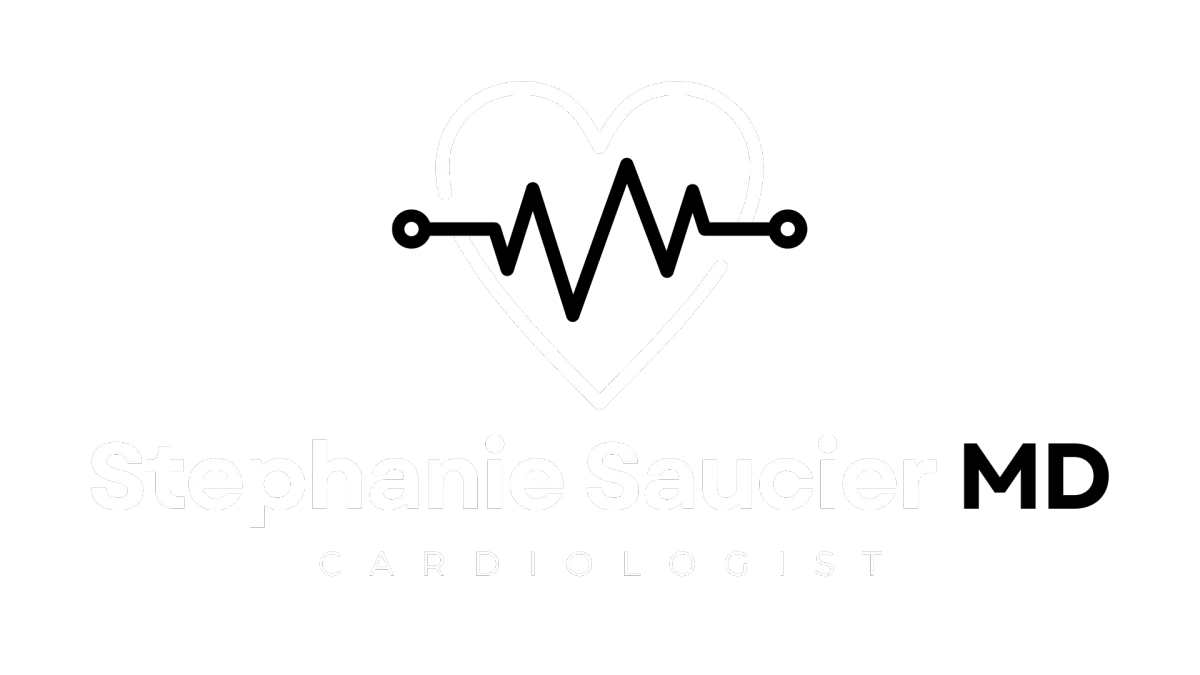Heart-To-Heart- The Emotional Ride Of A Cardiologist
Saving Lives, Tough Calls- A Look At Cardiology
1. Why Become a Cardiologist?
When I was in eighth grade, my mom had a severe car accident, and doctors saved her life. From that moment, I knew I wanted to help save others too. This experience inspired me to become a cardiologist, a decision that has shaped my life and career.
2. The Emotional Rollercoaster of the Job
Being a cardiologist isn't just about treating the heart; it’s about dealing with the emotional highs and lows that come with the job. Some days, it feels like just another day at work. But then, there are those special moments when a patient comes back feeling much better, telling you they’re living life to the fullest again. Those moments make all the challenges worthwhile.
3. Handling Life-and-Death Decisions
Every decision a cardiologist makes can impact a patient’s life. This responsibility can be overwhelming, especially when starting out. It’s important to remember that medicine is not always straightforward. Sometimes, we need to change our approach based on new information. Flexibility and the willingness to adapt are crucial in this field.
4. Coping with Difficult Cases
There are times when we feel helpless, like when a young patient with multiple health issues passes away despite our best efforts. These moments can be devastating, but talking it out with colleagues or a therapist helps us process these emotions and continue moving forward.
5. Managing Stress
The stress of being a cardiologist is intense. To manage it, I find therapy very helpful. It’s essential to have someone to talk to, whether they’re a professional or just a friend who listens. This support system is vital in preventing burnout.
6. The Importance of Lifelong Learning
Medicine is constantly evolving, and as cardiologists, we must keep learning. I always tell medical students and trainees to look up cases and learn from every experience. Staying informed and curious is key to providing the best care for patients.
7. Delivering Difficult News
One of the hardest parts of the job is giving patients and their families bad news. I always try to communicate clearly, starting with the facts and asking them what they understand. It’s important to be patient, give them time to process, and answer any questions they have.
8. What Makes It All Worthwhile?
Despite the challenges, there are many moments that make me proud to be a cardiologist. Seeing patients improve, hearing them say they feel better than ever, and being part of new medical research are all incredibly rewarding experiences.
9. Advice for Aspiring Cardiologists
If you want to become a cardiologist, don’t give up. It’s a challenging and competitive field, but it’s also incredibly fulfilling. Take care of yourself, both mentally and physically. Build a support system, stay flexible, and remember why you started this journey in the first place.
Free Heart Health Guide:
Simplify Your Health


